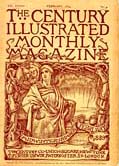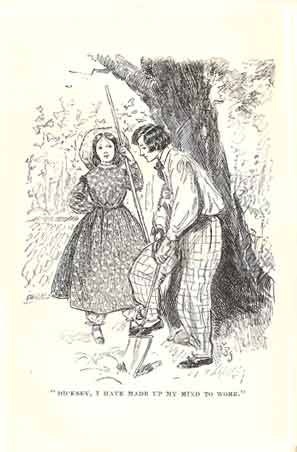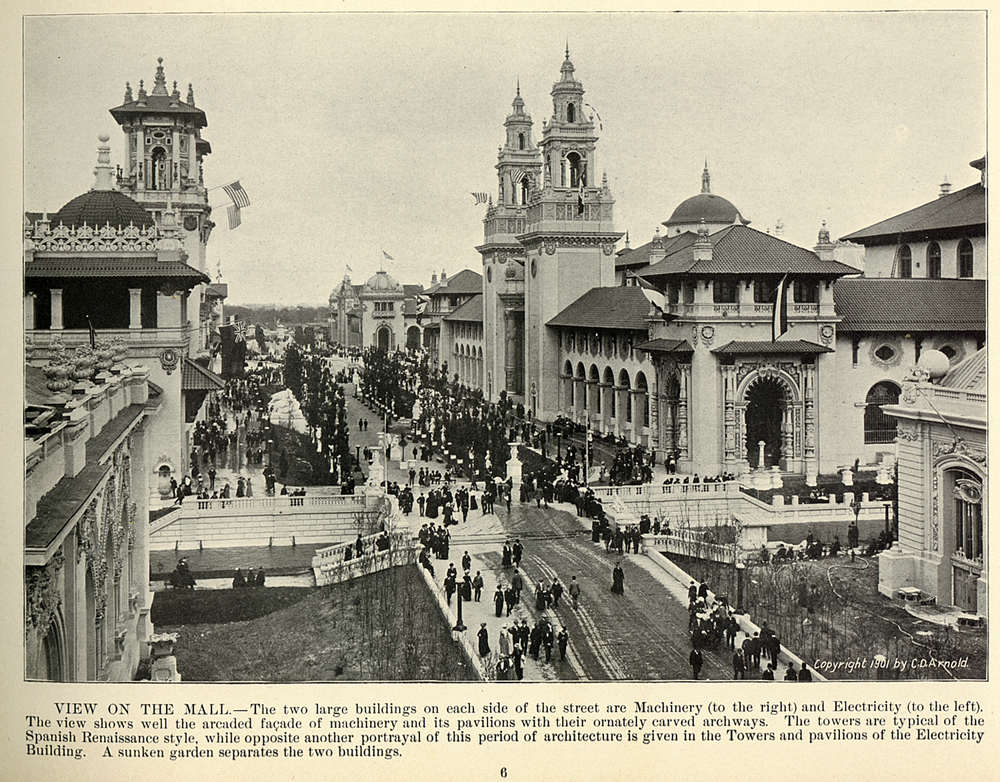











Richard
|
Ok, so Richard wasn't a major poet by today's standards- he, however, built the Century magazine into the top-selling magazine of his day. He was liked and trusted by everyone. Twain and Cleveland considered him a confidante. What becomes apparent as one digs deeper into his life, is his mischievous nature and his sense of fun.
|
|---|
This is an early remembrance of his sister's: 'Oh, ever thus from childhood's hour, Then he paused and looked appealingly around, and began again with a trembling voice: 'I never nursed----I never nursed----' Covering his face with his hands, he ran frightened from the stage, for he had completely forgotten his lines." from "Autobiography of a Tomboy" by Jeannette Gilder |
|---|
 |
 |
|---|
| Richard served in the Civil War- the picture above was taken earlier, before his enlistment, when he was in a cadet group. His first major job was working for a paymaster on a railroad. The Gilders' were never well off, even when the family was intact. |
|---|
 |
The Gilders' father died in 1864. This scene is probably shortly after that. Richard is around 21, his sister 16. "Now was the time for me to realize my ambition- to work for my living. I remember well the evening that I announced my decision to Dicksey, who had assumed a fatherly position in the family. He was digging in the garden, and I was hoeing by his side. I got a position in an office a few weeks later and began work." from "Autobiography of a Tomboy" by Jeannette Gilder |
|---|
The Pan-American Exposition
 |
"When the people of two Americas visit the [Pan-Amrican] Exposition city just erected "by the great waters of the North," many will recognize the style of Richard Watson Gilder in the classic and poetic inscriptions which adorn its Propylaea, Stadium, bridges, palaces and temples. The Exposition was peculiarly fortunate in persuading the scholarly editor of The Century to put the finishing touch on the artistic masterpiece. Those who read the legends will feel that their author is a man who "has upheld the ideals of Liberty and Justice" and who throughout a laborious life now in its prime has been "faithful to the things that are eternal," one who "has never shunned the dust and sweat of the contest and on whose brow" already "falls the cool shade of the olive" and rests the wreath of the victor's laurel." |
RICHARD'S BOOKS OF POETRY The New Day (1875)
RICHARD'S OTHER WORKS A Book of Music (1906)
BIOGRAPHIES/CRITICISM Richard Watson Gilder, Herbert F. Smith. (Ardent Media, 1970). |
During the winter of 1885-1886, Richard saw the casts in Wyatt Eaton's studio and immediately grasped their significance. These were casts of Lincoln's face and hands done immediately after his death. Richard started a subscription drive to have copies sold and distributed so that the originals could be preserved and placed in a musuem home. |
 |
